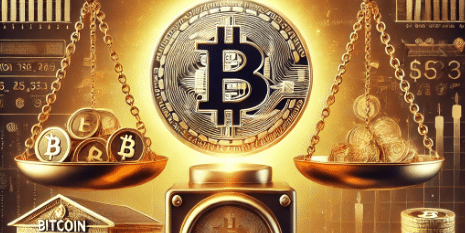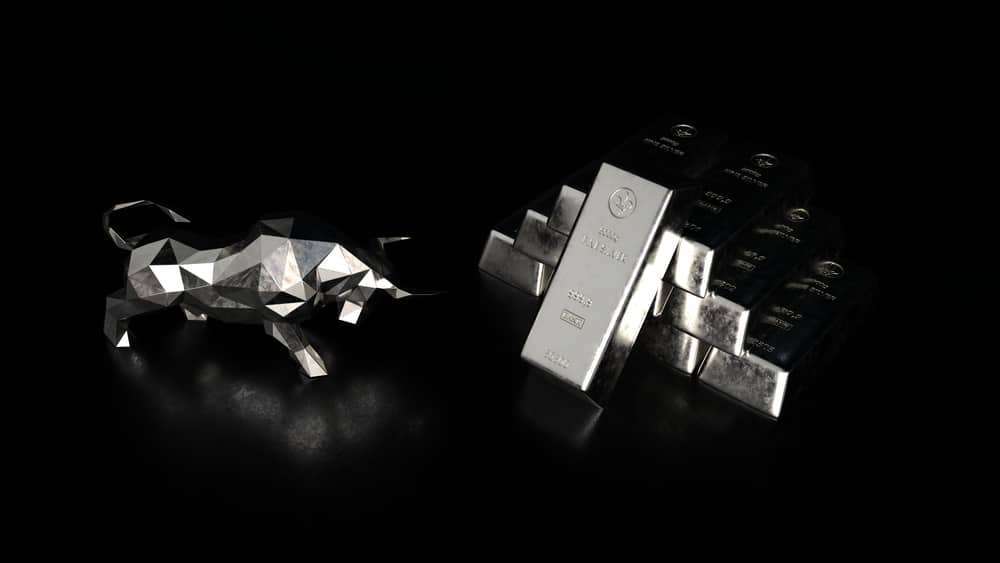
The ECB Misses the Point: Bitcoin’s True Value Lies in Censorship-Free Money
By Frank Balm
Forget Satoshi: Focus on Bitcoin’s Role Today
The ECB paper spends too much time dwelling on whether Bitcoin has lived up to the expectations of its mysterious creator, Satoshi Nakamoto. But that’s missing the point. The value of a technology isn’t about whether it meets the inventor’s original vision — it’s whether it’s useful right now.
Take the automobile, for example. Henry Ford wanted to create affordable cars for everyone, but he never foresaw electric vehicles or self-driving tech. That didn’t stop the car from revolutionizing transportation. Bitcoin is no different.
The ECB points out that Bitcoin isn’t widely used as everyday “peer-to-peer” cash — and that’s true. But let’s not get hung up on the exact wording from a 2008 whitepaper. What matters is that Bitcoin is solving real problems today. Sure, you’re not buying coffee with Bitcoin — but you’re also not buying gold bars at your local grocery store. That doesn’t make either asset useless.
Bitcoin’s true potential lies in what it offers as a backstop: freedom from financial gatekeepers, censorship, and inflationary governments. Those are huge features in today’s unstable world.
The Problem with Payment Systems Today
Let’s talk about intermediaries — the banks, payment processors, and credit card companies that run the show in traditional finance. The ECB argues that intermediaries don’t always interfere or “mediate disputes” — sometimes payments go through without a hitch. But that’s missing the forest for the trees.
Here’s the reality: Every intermediary in the system carries liability for the payments they process. Whether it’s a credit card network, PayPal, or your local bank, they have to protect themselves from fraud, regulatory penalties, and illegal transactions. That’s why we have all these expensive compliance measures, like “know your customer” (KYC) rules and anti-money laundering regulations. Those measures create friction and costs — and sometimes flat-out denial of service to entire groups of people.
And if you think this only affects criminals, think again. Legal industries like sex work and cannabis are routinely denied banking services. Small businesses in politically unstable countries are often “de-banked” as financial institutions retreat from high-risk areas — a process called de-risking. Even people doing ordinary things — like sending remittances to family overseas — face delays, fees, or outright rejection. These gatekeepers aren’t just middlemen; they’re bottlenecks, and Bitcoin sidesteps all of that.
Bitcoin Is the First Non-Intermediated Money
Here’s where Bitcoin shines. It’s a digital ledger that allows value to move from one person to another, without needing anyone’s permission. It offers some of the benefits of traditional cash — privacy, security, and universal access — but in a digital format, and without geographic restrictions.
Yes, critics love to harp on the fact that Bitcoin can be used for illicit activities. But let’s not kid ourselves: so can cash, gold, and even bank accounts. The bigger issue is that illicit is often a political term. Is it really wrong for a Venezuelan citizen to buy medicine with black-market dollars, or for someone in Iran to send money to family despite sanctions? Laws say yes; morality says no. Bitcoin’s value lies in giving people access to money when traditional systems fail them.
Bitcoin Is More Than “Digital Gold”
A lot of people — even within the Bitcoin community — call it “digital gold.” That comparison makes sense to an extent. Both Bitcoin and gold are scarce, serve as stores of value, and aren’t tied to any government. But Bitcoin is much more versatile than gold, for three key reasons:
- Easier Authentication: Anyone can verify Bitcoin ownership on their computer. Gold, on the other hand, requires special equipment to test its purity — and even then, counterfeit gold can slip through.
- Lower Storage Costs: Storing Bitcoin is cheap and accessible to anyone with a digital wallet. Gold requires secure vaults, insurance, and physical transportation, which makes it expensive to store, especially in large quantities.
- Fast and Low-Cost Transfers: Bitcoin can be sent across the globe for a flat fee, regardless of the amount. A $100 million Bitcoin transaction costs the same as a $100 one. Gold, on the other hand, is bulky, hard to move, and expensive to transport, especially over long distances.
The ECB paper criticizes Bitcoin for being slower and more expensive than fiat payment systems. But they’re comparing apples to oranges. Most fiat payments, like credit cards or bank transfers, work only within national borders, take days to settle, and have hidden fees. Bitcoin payments settle within an hour and are available 24/7, worldwide. It’s a different tool for a different job.
Bitcoin Is Financial Insurance
The ECB overlooks Bitcoin’s greatest value: it acts as monetary insurance. Think of it like fire insurance for your house. You don’t expect your house to burn down, but you sleep better knowing you’re covered if it does. Bitcoin serves the same purpose in the financial world. It’s insurance against inflation, government overreach, and financial censorship.
Unlike fiat currencies, Bitcoin’s supply is capped at 21 million. No central bank can print more of it to cover government debts. This makes Bitcoin an excellent hedge against inflation. And because it’s decentralized, no government can seize it or block transactions. In times of crisis — think war, political upheaval, or economic collapse — Bitcoin can be a lifeline.
When Russia invaded Ukraine, many people worried about what would happen to their bank accounts if the government fell. Bitcoin offers an escape hatch in scenarios like that.
The Future of Bitcoin Adoption
You don’t have to use Bitcoin every day to benefit from owning it. Just knowing it’s there — like insurance — provides peace of mind. And while critics point out that many Bitcoin holders store their coins with exchanges or other third parties, that doesn’t diminish its value. Plenty of people trade oil futures without ever taking delivery of a barrel. Holding Bitcoin indirectly is just a bet that others will want to hold it directly in the future. It’s a rational hedge.
With global debt at record highs, inflation creeping up, and governments tightening control over capital flows, Bitcoin’s importance will only grow. More individuals, companies, and even countries will turn to it as a safeguard against financial instability. And as demand rises, so will Bitcoin’s price. Far from being a speculative bubble, this appreciation reflects Bitcoin’s growing utility as a tool for protecting wealth.
Conclusion
The ECB’s paper gets one thing right: Bitcoin’s price is likely to keep rising. But the authors miss the mark by treating Bitcoin like a speculative toy with no real value. Bitcoin isn’t just digital gold — it’s monetary insurance. And in today’s unpredictable world, insurance is something everyone needs, even if they hope they never have to use it.
So if you haven’t already, it’s time to think about adding some Bitcoin to your financial toolkit. It’s not about getting rich quick — it’s about safeguarding your wealth and ensuring you have options when the unexpected hits.
Want to dig deeper into protecting yourself from financial risks? Check out Bill’s book or the Seven Steps to Protect Yourself from Bank Failures here. Stay prepared, folks.











